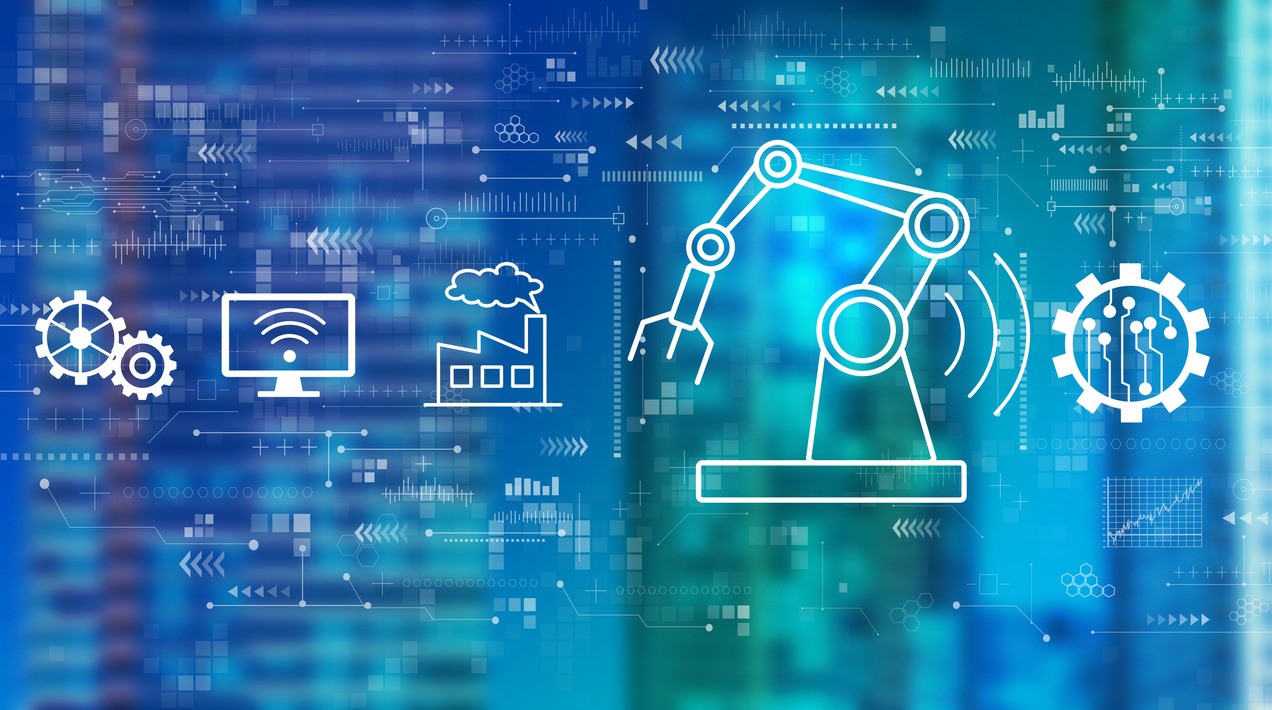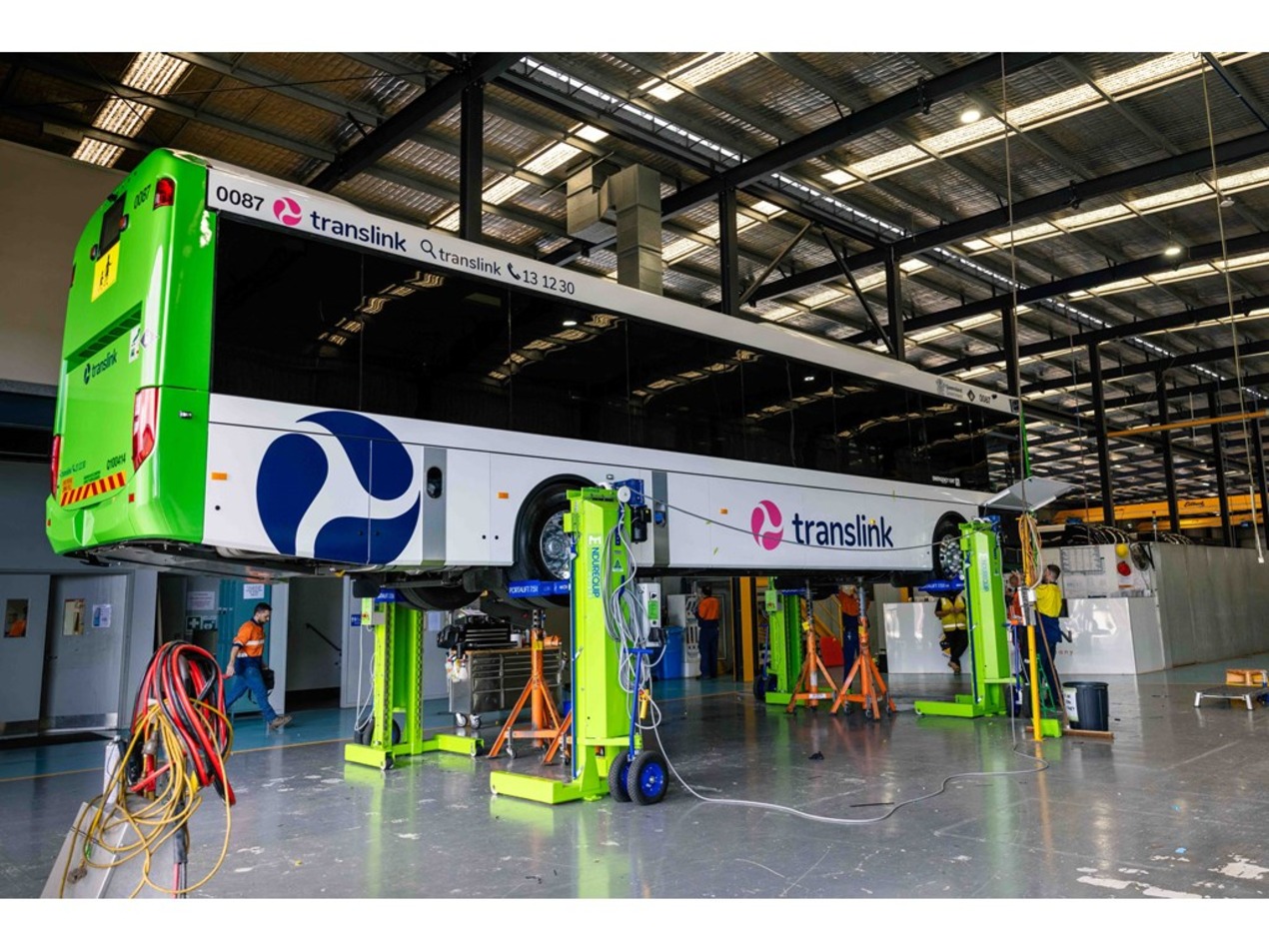
Minister Victor Dominello wants to drive change and improve the lives of the citizens of NSW. He shares with OpenGov what is driving him to be at the forefront of the digital age and to create a smarter government for its citizens.
What are the key initiatives you are driving within your Ministry at the moment?
“The first major one is the Data Analytics Centre of NSW which is the first of its kind in Australia and potentially the world. It provides this agency with the ability to obtain data from the 160 government agencies of NSW, 152 councils and the 20 odd state owned corporations for the purpose of bringing all that data into a safe harbour so that privacy and security concerns are addressed”.
The NSW Data Analytics Centre is headed by Dr. Ian Oppermann, Chief Data Scientist, with the sole purpose of providing Big Data that the NSW Government can do analytics around and to provide a solution for some of the problems we have as a society. “Other agencies have tried this, but they encounter roadblocks such as ‘I’m not sharing my data with you’ for a variety of reasons, but we have now got this centre up and running which is pretty exciting”.
In terms of the next 1-3 years, what will you be focused on?
“Last year was my first as Minister for Innovation and Better Regulation and I had a big push towards data and analytics. So I will always keep my eye on the Data Analytics Centre as it’s such a ground breaking reform and will always be a value of mine. This year I want to focus on the whole process and that is the Digitisation – which is where Data is a core component”.
Minister Dominello went on to explain his 7 D’s of Digital Transformation, which were:
1. Data:“We’ve got to move from analogue to digital and the data that we get has to be open. I’ve already announced our Open Data policy and a couple of the initiatives such as the Trip Advisor for Data and the Data marketplace where people can comment about the data market sets and rate these data sets. That’s the first of its kind in Australia. We are going to start rating the various agencies too, by giving them a scorecard based on how much data they are actually opening up and sharing”. Minister Dominello went on to talk about how they are going to start putting some specifications around their data as well. “Often you can spend hours looking over the data sets to find its key qualities, but by putting the specifications upfront – much like how when you purchase a car and can see its engine specifications – it will save a lot of time. So just these three things alone show that we are really moving towards open data”.
2. Digital: “So we’ve got to move from paper and hence analogue to the digital and Service NSW is a good example. Already they have about 44% digital and are tracking towards 70% of their transactions that are digital by 2019. Furthermore we are seeing that the customer satisfaction already with Service Now is at 98% because people want that digital experience”. It saves time he said and if you can save time, you’re saving money. “The digital platform is about being smart in 2016, so there’s more to do. For example we have moved rental bonds online and there has been tremendous uptake of this. Initially we were going to just do it in tablet form, but I insisted we do it on smart phones and now people are using their smart phones to process their rental bonds which is good. Another thing we are doing in the digital space is the online fuel AP where we are the first again in the country and potentially the world”. The online fuel App allows all NSW Citizens to enter their location and see in virtual real-time the location and prices of petrol stations so they can choose where to fill-up. Unlike other fuel Apps that are crowd sourced, this App is part of a reform so the stations comply and the data is live and accurate to within 10 minutes. “Consumers now have a lot more confidence and it’s a radical improvement for consumers of NSW once we get it up and running and the NRMA said it’s a game changer. So that’s 2 reforms and I’m looking at every proposal that comes across my desk through a digital lense.
3. Direct: It’s got to be live and real. Minister Dominello talked about in his previous Ministry he received Data that was at times 6 months old. As such decisions were being made on what was accurate in the past. This makes it difficult to make decisions on the future as we are being reactive all the time. “So I am absolutely insisting that as far as humanly possible, we make sure that we get the data direct”.
4. Displayed: “Whether it’s consumers or minister or whatever the case, we need to ensure that we can visualise the data through a dashboard or the like. So through our feeble human minds we can understand the data, as unless you’re a really bright data scientist, to the average person like me – unless the data is displayed in a visual format that is easy to dissect – you have no chance of understanding it”.
5. Dissection:Here we are talking about the analytics and Minister Dominello re-iterated the ground breaking work he is doing with the Data Analytics Centre of NSW
6. DNA: By this he meant it’s got to be culturally a part of what you do – digital by default. If you follow all the steps above then you will successfully have incorporated it into your culture.
7. The 3rd Dimension: Moving into 3D and holograms. “There have been some articles recently on what is happening in the 3D world and I have no doubt, none at all that the hologram experience, the 3D Digital experience is going to be omnipresent amongst us. So we can sit back as a government and wait for this to happen, or if we are really on top of our game we can start planning for it now. That is where I would like to be and to start agitating that discussion now. How can we as a government be a leader in that 3D digital space?”
So that’s the 7D’s and that’s the big drive that Minister Dominello is going to have over the next 3 years. Given he has achieve so much with the NSW Data Analytics Centre in just his first year, it promised to be an exciting few years ahead.
So how do you judge the ROI on your initiatives?
“The return on Investment is critical as you don’t want to do this and say ‘hey it looks good’ you want to be able to say ‘we’ve done something that has improved people’s lives. That’s what governments get elected to do – to improve outcomes” He spoke about reduced transaction times, better rationalisation of resources and a cost saving. You need to be able to demonstrate it, otherwise it’s just a good idea “So I am absolutely committed to making sure that there is a value proposition for the consumer and citizen of NSW in relation to the projects we are working on”.
So how do you see these initiatives impacting citizens and the community?
“We want citizens to have that digital experience and one of the things I find by living in the digital age is we are being bombarded by information. There was a recent stat that claimed over 90% of the world’s data has been created within the last 2 years. In today’s age we need to find ways to simplify people’s lives. By using data, the digital format and analytics will help government to be smarter and it means that instead of processing data through one hundred pieces of paper and the like, we want the consumer of NSW, the resident of NSW to navigate their life, to intersect with Government in a very simple format like a couple of clicks of a button…
Everything that we are driving in the digital experience is to ensure that consumers have a better quality of life, less of us (government) in their life and that the evidence we get through data in real-time in a digital format through analytics will enable us as policy makers to make far better policy decisions based on evidence rather than in the past which was based on intuition and handshakes. That’s where the consumer of NSW will feel a lot more confident that their government is a smart government and is going to get a lot smarter”.
The Hon. Victor Dominello MP will be presenting a Keynote Address for his vision of an innovative government and the digitisation of services at the upcoming OpenGov NSW Leadership Forum in Sydney on the 13th of September. For more information on this event, please contact leon.kantor@opengovasia.com



















